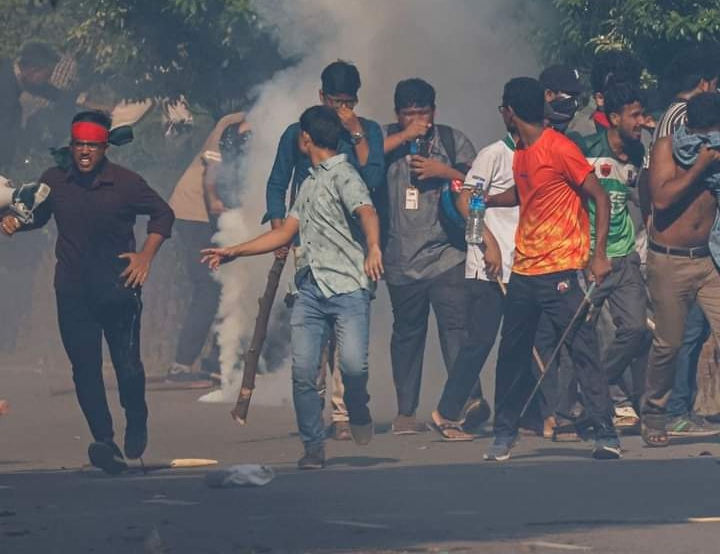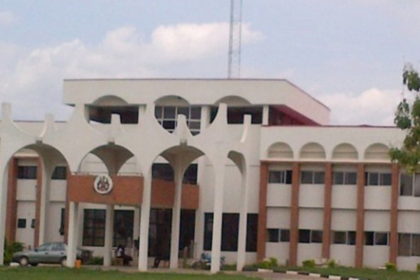By Adeyemi Adekunle
In the face of escalating violence and an increasing death toll, Bangladesh has been thrust into chaos as police and student activists engage in relentless battles over government job quotas. The crisis has seen nearly three weeks of daily protests, with dozens of lives lost and scores injured, despite a stringent crackdown by authorities.
On Friday, the Awami League government announced a nationwide curfew and banned all forms of public gatherings in the capital, Dhaka, in an attempt to quell the unrest.
Prime Minister Sheikh Hasina declared that military forces would be deployed to assist the civilian administration in restoring order, marking a significant escalation in the government’s response to the protests.
The unrest began as a movement against quotas for government jobs, which students argue are unfair and limit opportunities for the majority.
The protests have since grown into a broader expression of discontent with the government’s policies and handling of the situation. Despite the violent crackdown, demonstrators continue to flood the streets daily, demanding justice and reform.
Amidst this turmoil India’s foreign ministry has assured that all Indian nationals in Bangladesh are “safe and sound,” amidst the violence. This statement comes as a relief to many, given the severity of the situation on the ground.
The public’s response to the protests has been notable, with large numbers showing solidarity with the students. Since Thursday, various community groups have been providing free food and water to the demonstrators, underscoring a collective spirit of support and resistance against the government’s measures.
As tensions continue to rise, the deployment of military forces adds a new and dangerous dimension to the conflict. The world watches closely as Bangladesh grapples with this significant internal crisis, hoping for a peaceful resolution to the turmoil that has gripped the nation.




